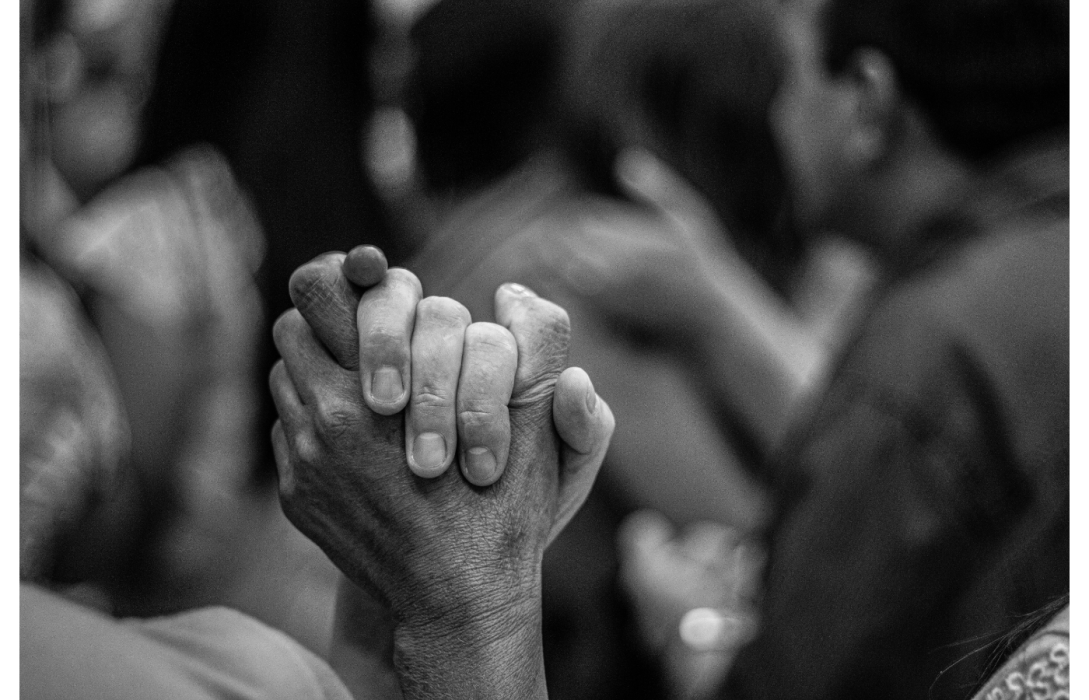Embracing Unity, Fostering Lasting Peace

Russia’s war of aggression against Ukraine is a turning point not only for Europe but for the whole world. A permanent member of United Nations Security Council has invaded its neighbour country. The war has caused tens of thousands of casualties, destabilised the global economy, disrupted the food supply chains and jeopardised global security.
By degrading the security environment in Europe, Russia’s actions undermine the very foundations of the international order. It is in the interest of all States to respect the principles of sovereignty and territorial integrity as enshrined in the UN Charter and international law.
In its fight against Russian aggression, EU’s support to Ukraine has been united, immediate and decisive. The EU responded the day after the invasion and all that it has done since, demonstrates its strong commitment to restoring order in the region and beyond.
The overall assistance by EU and Member States to Ukraine to date amounts to more than € 81 billion:
- Around € 25 billion of military support;
- 30,000 Ukrainian soldiers trained by the EU’s Military Assistance Mission (EUMAM).
But Europe has also been at the forefront in addressing the spillover effects of the conflict and supporting the most fragile. Global food insecurity has been one of the most troublesome consequences of the Russian aggression and the EU is actively engaged in mitigating the repercussions of the war in this field well beyond its borders.
In Africa for example, the EU has a long standing and robust partnership on peace and security supported by various instruments, including:
- capacity building and partnership CSDP missions;
- a specific peace and security thematic programme;
- dedicated national and regional programmes;
- rapid response measures;
- and partnership with African Union on mediation and conflict prevention.
The African Peace and Security Architecture has received €3,5 billion of EU assistance since 2004.
Through its global web of partnerships, the EU effectively engages partners in its vision for peace, security and defence.
We work together with our strategic partners, the United Nations or NATO. In addition, there are more than 20 bilateral dialogues and informal consultations on a wide range of security and defence issues with third states. The Schuman Forum, the bi-annual flagship event in security and defence at ministerial level, attracted this year more than 70 delegations from EU Member States, multilateral organisations and bilateral partners.
We strongly believe that global peace requires a special focus on preventative action. The EU has developed a broad conflict prevention and peacebuilding toolbox; it identifies risks of conflict and crisis through analysis and early warning and provides recommendations for conflict prevention.
Between 2020 and 2023, the Early Warning System (EWS), Conflict Analysis Screening (CAS) and Electoral Violence Risk Assessment (EVRA) processes produced over 70 reports to strengthen evidence-based decision-making, identify opportunities for EU conflict prevention and peacebuilding, and ensure the conflict sensitivity of the EU programming.
We also work on peace mediation, supporting EU mediators in leading, leveraging, coordinating and funding mediation and dialogue to prevent and resolve conflicts. At present, the EU actively engages in different roles in around 25 peace processes around the world.
The EU remains active across continents to promote peace and security in fragile environments through its 22 military and civilian missions and operations. These operational engagements are tailored to address the partner’s security needs and are the most visible manifestation of the EU’s commitment to peace and security. For example, responding to Moldova’s request, the EU launched its latest civilian mission to support the country in its fight against hybrid threats. We also have instruments for stabilisation and peacebuilding to consolidate the exit from a conflict, for example in Mozambique.
We spare no efforts to address hybrid and cyber threats. Adapting to the new reality of blurred line between peace and war, we promote democratic values and the rule of law through multilateral, regional, bilateral and multi-stakeholder cooperation and support EU partners to increase their resilience. We conduct hybrid risk surveys with partner countries to identify potential vulnerabilities and follow up with EU support to help strengthen their resilience to hybrid threats.
The EU implements over 35 cyber-capacity building projects with a value of €150 million all over the world, and uses its cyber diplomacy toolbox to prevent and respond to cyber-attacks, promoting peace and security in cyberspace.
The EU is an indispensable voice in United Nations fora, defending the rules-based multilateral order, and works relentlessly to set norms of responsible behaviour together with partners – whether it is in cyberspace or in outer space. Banning anti-satellite missile testing, countering terrorism, and protecting and developing multilateral frameworks for non-proliferation, disarmament, and arms control are only a few examples of EU’s priorities at the UN.
The EU is committed to supporting the resolution of violent conflicts through peaceful means. Nevertheless, preventing conflicts, building peace and strengthening international security will at times require more targeted measures as well.
As a new instrument at its disposal, the European Peace Facility (EPF) has already proven to be the game changer in the EU’s ability to provide security for its citizens and its partners. It enables the EU to provide all types of equipment and infrastructure to the EU partners, in compliance with international human rights law and international humanitarian law. So far, a number of partners in Africa, the Eastern Neighbourhood, Western Balkans and the Middle Easthave benefitted from the EPF support.
Finally, we foster peaceful and inclusive societies around the globe, by investing heavily. NDICI-Global Europe, the EU’s main financing instrument to eradicate poverty and promote sustainable development is a peace instrument at its core. It channels €79.5 billion into development cooperation between 2020 and 2027. We believe that bringing down barriers between nations and people-to-people engagement builds lasting peace.





